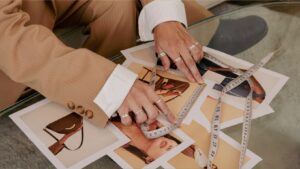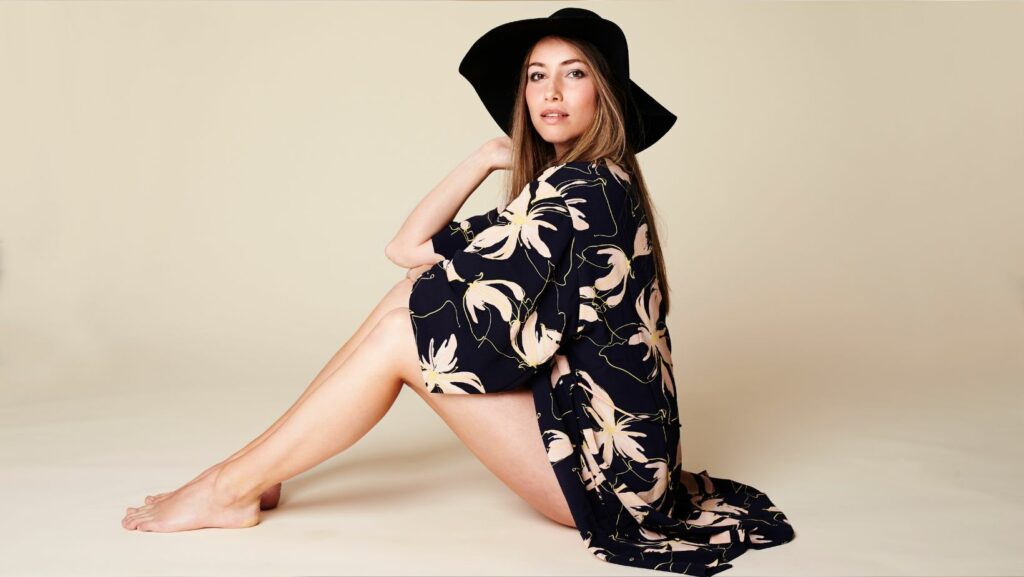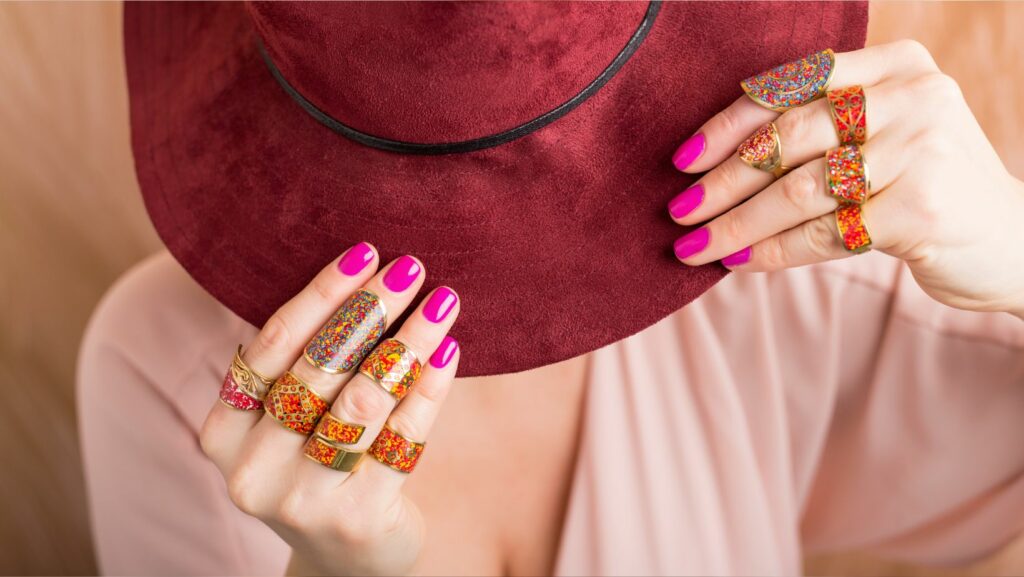Are you passionate about fashion and textiles? Exploring the world of design and creativity can lead to exciting opportunities. Fashion and textiles courses offer a gateway to honing your skills and unleashing your artistic flair. Whether you dream of becoming a fashion designer, textile artist, or trend forecaster, these courses provide a solid foundation for your future endeavors.
In today’s competitive industry, staying ahead requires not just talent but also formal training. Fashion and textiles courses blend theory with practical skills, equipping students with the knowledge needed to thrive in this dynamic field. From learning about fabric selection to understanding the latest trends, these courses offer a comprehensive education that prepares individuals for success in the fast-paced world of fashion and textiles.
Fashion and Textiles Courses
What to Expect from Fashion and Textiles Courses
 Fashion and textiles courses offer a comprehensive exploration of the creative and technical aspects of the industry. Students can anticipate a curriculum that covers a wide range of subjects, including design principles, fabric selection, garment construction, and trend analysis. These courses often incorporate hands-on projects where students can apply theoretical knowledge to practical situations, fostering a deeper understanding of the fashion and textiles landscape.
Fashion and textiles courses offer a comprehensive exploration of the creative and technical aspects of the industry. Students can anticipate a curriculum that covers a wide range of subjects, including design principles, fabric selection, garment construction, and trend analysis. These courses often incorporate hands-on projects where students can apply theoretical knowledge to practical situations, fostering a deeper understanding of the fashion and textiles landscape.
Key Skills Developed in Fashion and Textile Studies
Engaging in fashion and textile studies cultivates a diverse set of skills essential for success in the field. These courses focus on honing creativity, critical thinking, and problem-solving abilities. Students learn to conceptualize and execute design ideas, analyze market trends, and collaborate effectively within a team. Additionally, proficiency in technical skills such as pattern-making, sewing, and digital design software is emphasized to equip individuals with the tools required to thrive in the dynamic realm of fashion and textiles.
Top Universities Offering Fashion and Textiles Courses
Factors to Consider When Choosing a School
 When selecting a school for fashion and textiles courses, prospective students should consider several key factors to ensure the excellent educational experience. It’s essential to look into the faculty members’ expertise and experience in the industry. By opting for institutions with professors who have a strong background in fashion design, textile technology, or related fields, students can benefit from valuable insights and mentorship.
When selecting a school for fashion and textiles courses, prospective students should consider several key factors to ensure the excellent educational experience. It’s essential to look into the faculty members’ expertise and experience in the industry. By opting for institutions with professors who have a strong background in fashion design, textile technology, or related fields, students can benefit from valuable insights and mentorship.
Additionally, the curriculum and course structure play a vital role in shaping students’ skill sets and knowledge base. Schools that offer a balanced mix of theoretical foundations and practical hands-on experience through workshops, internships, or industry collaborations can provide a comprehensive learning environment. This combination allows students to grasp industry trends, develop technical skills, and explore their creative potential effectively.
Overview of Leading Programs Worldwide
Several prestigious universities worldwide are known for their exceptional fashion and textiles courses, attracting students from diverse backgrounds seeking high-quality education in this field. Institutions like Central Saint Martins in London, Parsons School of Design in New York, and Institut Français de la Mode in Paris are renowned for their innovative curriculum, distinguished faculty, and strong industry connections.
Moreover, the Fashion Institute of Technology (FIT) in New York City and the London College of Fashion offer specialized programs that cater to various aspects of the fashion and textiles industry. These institutions provide students with opportunities to engage in real-world projects, internships with top fashion houses, and access to cutting-edge technology and resources.
Career Opportunities in Fashion and Textiles
Emerging Job Roles in the Industry
 Fashion and textiles courses open up a plethora of career opportunities in diverse job roles within the industry. Professionals with the right skills and expertise can explore roles such as fashion designer, textile technologist, fashion buyer, merchandiser, trend forecaster, and sustainability consultant. These roles require a blend of creativity, technical knowledge, and business acumen to navigate the dynamic landscape of the fashion and textiles sector.
Fashion and textiles courses open up a plethora of career opportunities in diverse job roles within the industry. Professionals with the right skills and expertise can explore roles such as fashion designer, textile technologist, fashion buyer, merchandiser, trend forecaster, and sustainability consultant. These roles require a blend of creativity, technical knowledge, and business acumen to navigate the dynamic landscape of the fashion and textiles sector.
Real-World Success Stories
Numerous success stories demonstrate the potential for growth and achievement in the field of fashion and textiles. Individuals who have completed fashion and textiles courses have gone on to establish successful fashion brands, lead design teams for renowned fashion houses, drive sustainable practices in the industry, and contribute to shaping global fashion trends. Their journeys exemplify the impact of quality education and training in fashion and textiles on career progression and industry influence.



